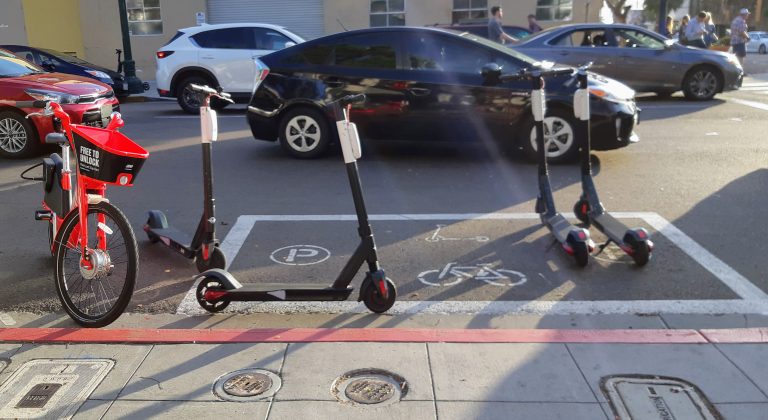
New mobility options create opportunities to address enduring challenges in the transport sector related to traffic congestion, air pollution, climate change, public health, energy consumption, and more. At the same time, they present new challenges to urban transport systems where there is already competition for space and access among road users, which can spill over into conflicts. How can we capture the potential benefits of more diverse travel options, while mitigating the risks of a wider variety of vehicles and services operating within constrained city street spaces?
The objectives of this research are to address two broad questions: 1) How will new non-auto mobility options (electric bicycles and other no-/low-power vehicles) impact speed dynamics on non-auto facilities and interactions among non-auto travellers? and 2) Given these new non-auto mobility options, what transportation system policies, plans, and designs are needed to mitigate conflicts among non-auto modes? Is the Vancouver region ready to accommodate these new modes with existing infrastructure and policies? For example, do we need to re-think the operations and even terminology of “bike lanes”?
UPDATE – See the project results here: Human-electric hybrid vehicles Project Page